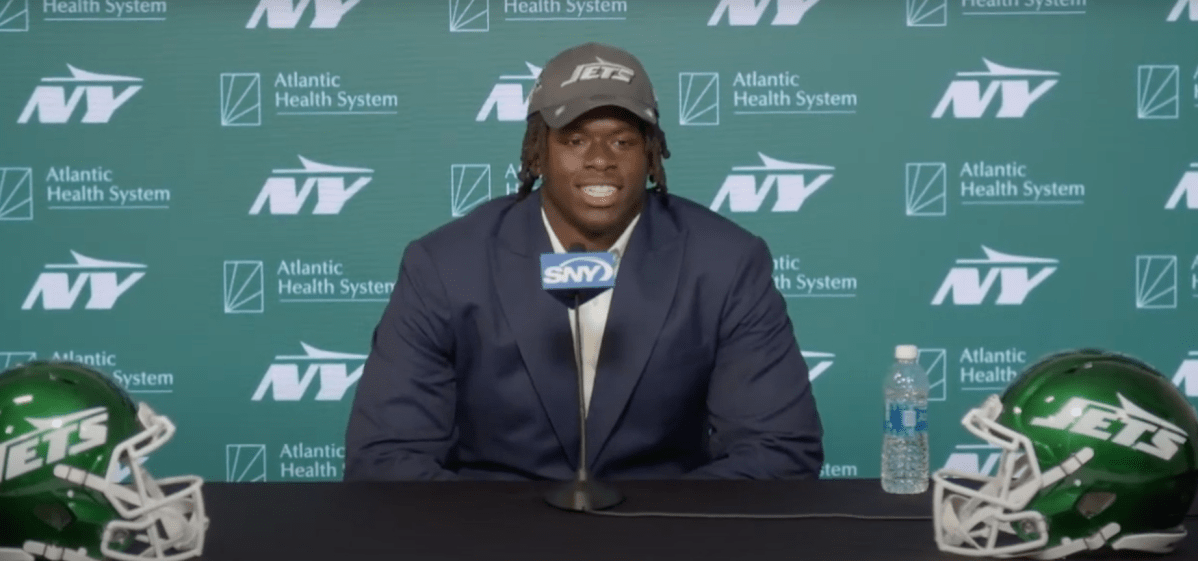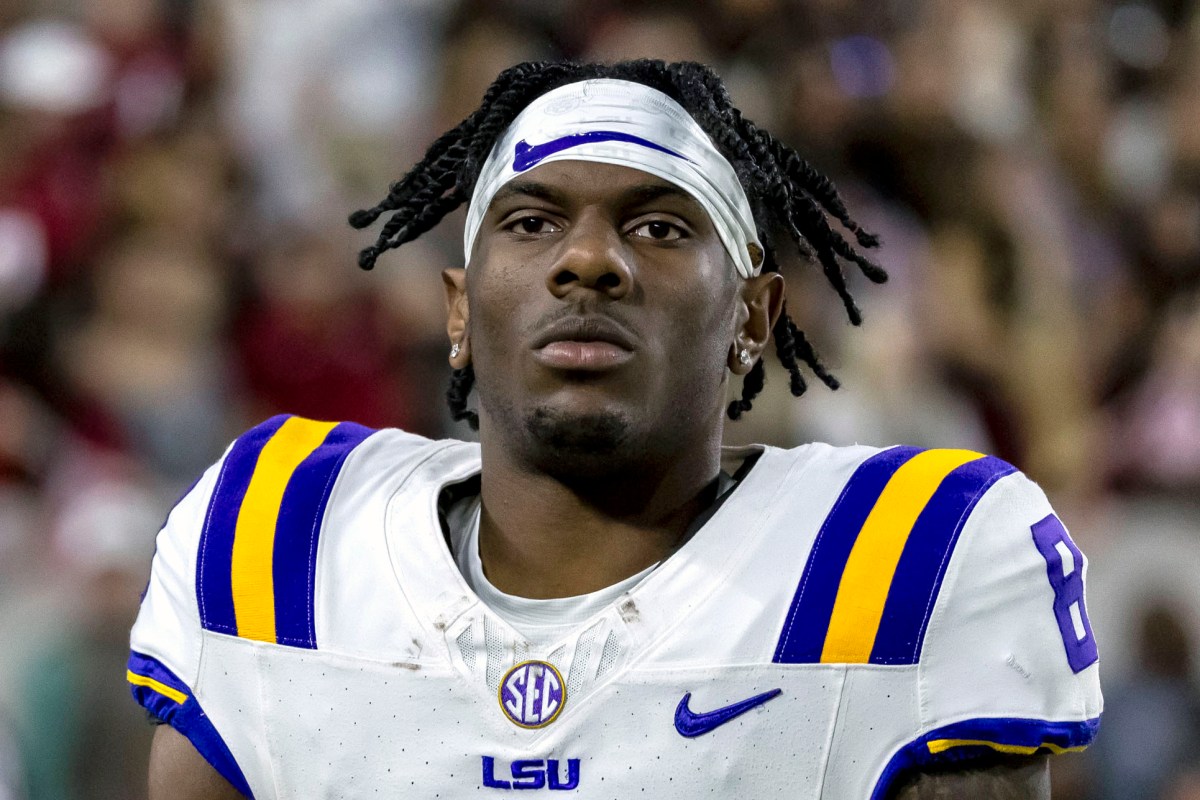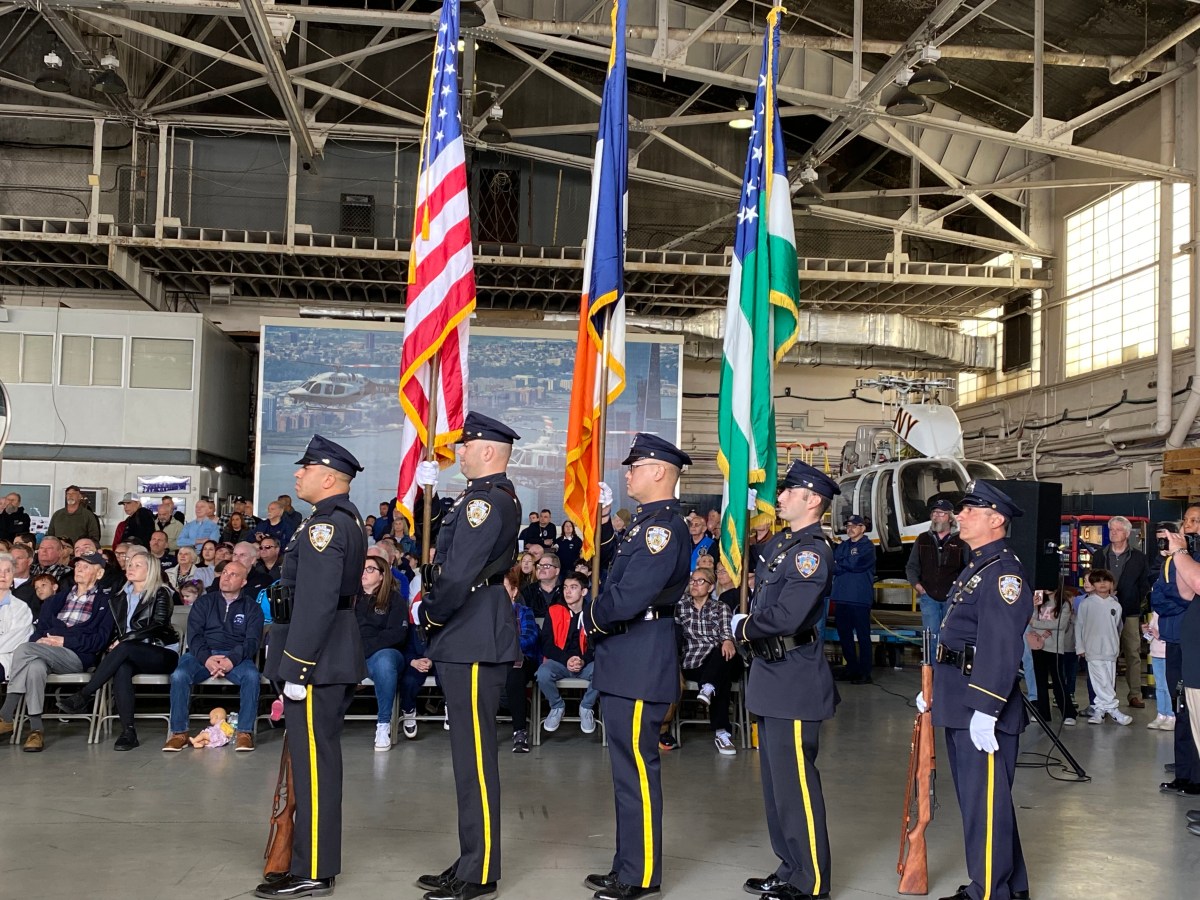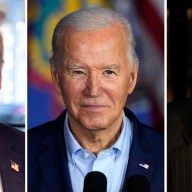‘Fences’ Denzel Washington’s “Fences” might work fine if you watched it with your eyes closed. That’s no knock on what’s onscreen. But among the chief pleasures of its author, August Wilson, are the sounds. Wilson’s words were honed from listening to the denizens of Pittsburgh’s working class neighborhoods. There’s a musicality, a rat-a-tat rhythm to the patter, that you lose when you simply read his work. You need to see them mounted to get the full effect. Alas, the movies don’t do filmed theater much anymore, and “Fences” — the first Wilson to ever hit the big screen, amazingly — only exists because Denzel is Denzel. It’s here because he killed a bunch of baddies with Loew’s appliances in “The Equalizer.” It’s his gift to those who missed his Tony-winning run, as well as Viola Davis’, in “Fences” on Broadway in 2010. His third film as director, it keeps things deceptively plain. Wilson’s play, part of his decades-spanning “Pittsburgh Cycle,” drops in on the city’s working class Hill District. There we find Troy (Washington), a former Negro League baseballer who settled into a semi-comfy life as a waste collector. He never got into the majors, and his bitterness over the missed great life has a way of cropping up, whether he’s hanging with his friend Bono (Stephen Henderson) or passive-aggressively joking with his long-dutiful wife Rose (Davis). It especially comes up around his ambitious sons, struggling to avoid the blue-collar life, too: one (Russell Hornsby) barely eke by as a musician, and the youngest (Jovan Adepo) is doing well on the high school football team. RELATED: Geek Girl in Hollywood: Viola Davis’ great #SeeHer speech Washington keeps the bulk of the source, from a script written by Wilson shortly before his 2005 death that was tightened up by Tony Kushner. Scenes run with no thought of ending, conversation and banter riding on into the infinite, good times only ending once Troy lights off onto one of his many argumentative jags. Washington’s sometimes intimidating brand of confidence and charisma has rarely been put to better use as Troy. He’s always set to blow, which usually means dressing people down with language and the power of his debate skills (or simply stubbornness). As a director, Washington is Troy’s opposite: He’s generous. Troy may be the loudest and gabbiest character, but the other actors — especially Davis, whose Rose takes increasing dominance as the plot orchestrates Troy’s downfall — get the chance to go head to head with him. Washington’s choice to film in rectangular cinemascope may seem to make it more “cinematic,” but it also allows more bodies onscreen at once. That means he doesn’t have to cut a ton. He keeps shot-reverse shots to a minimum, which helps preserve the rhythm of the words being volleyed. In fact, it would be a shame to close your eyes and focus on the language. You’d miss the simple way Washington is able to bring what’s great about Wilson to a medium that, in hands as capable as these, does him just right.
Director: Denzel Washington
Stars: Denzel Washington, Viola Davis
Rating: R
4 (out of 5) Globes
Denzel Washington does August Wilson right with ‘Fences’
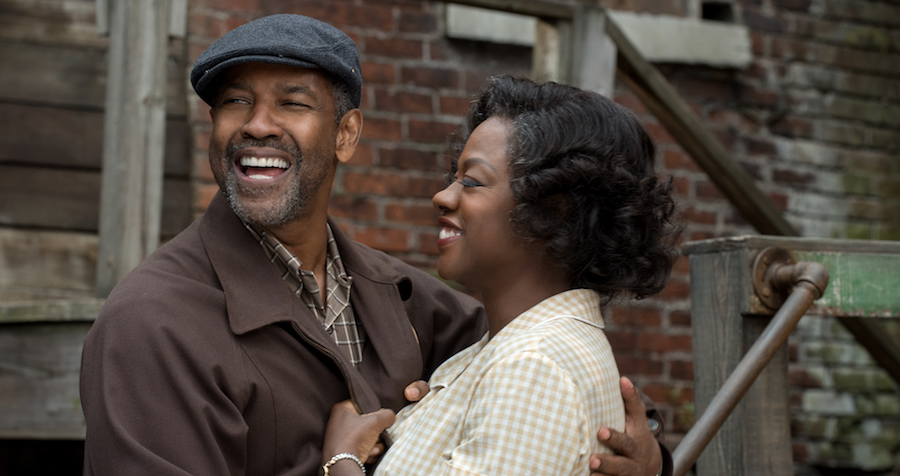
Paramount Pictures
Follow Matt Prigge on Twitter @mattprigge



